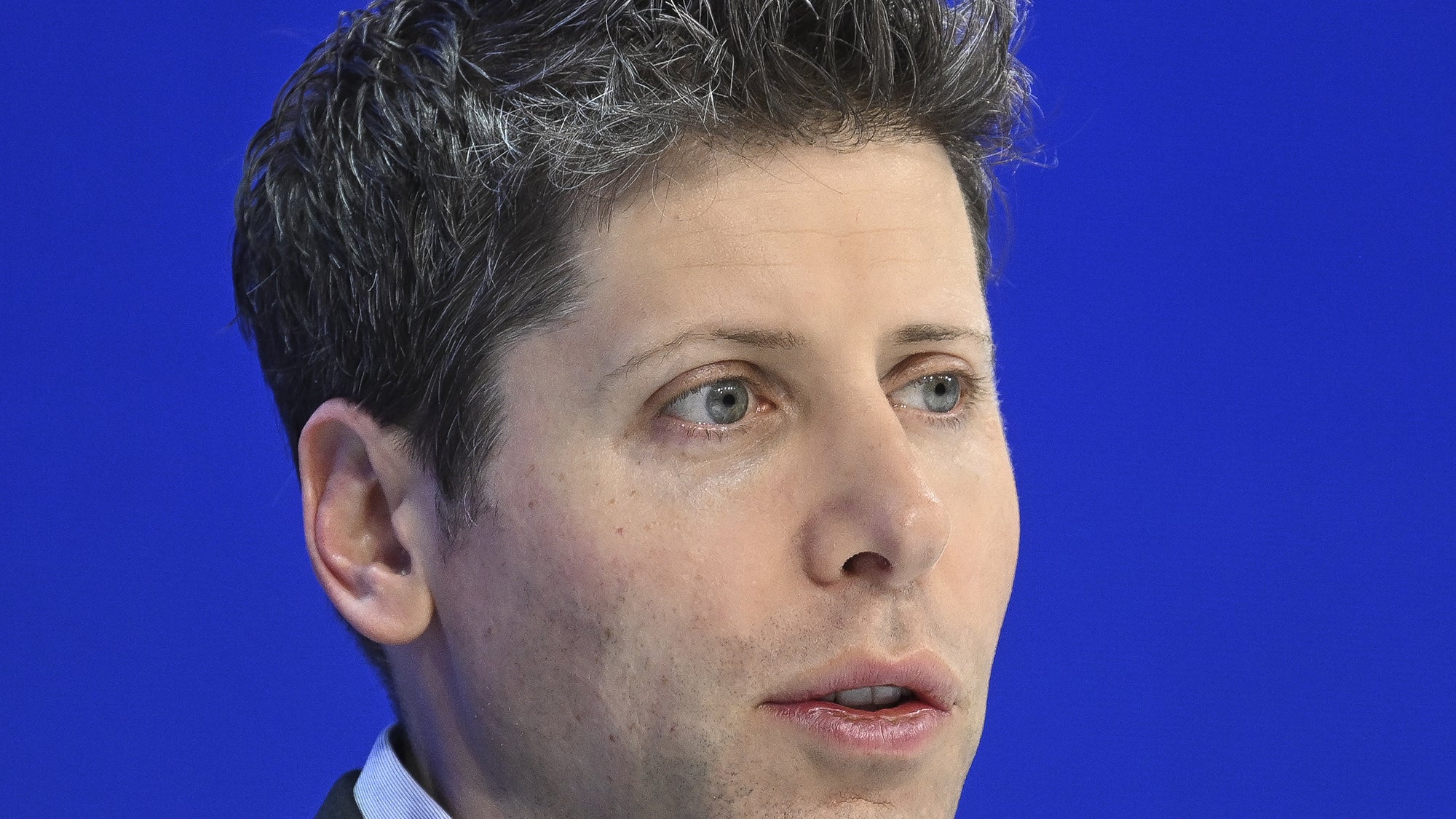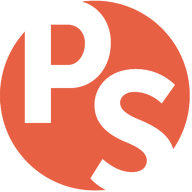AI 🎉 Friday Innovation: Superbrains, Energy, Education & Responsible
1/ 💡 Meta CEO targets AGI in new research focus.
2/ 🔐 OpenAI CEO: 'Energy breakthrough' key to unlocking AI's potential.
3/ 🏫 ChatGPT goes to college: OpenAI partners with ASU.
4/ 🧐 Recraft's Foundational Model .vs Responsible AI Design.
For further details, let's keep reading! 👇
Welcome to today's dive into the exciting world of AI, where the future feels closer than ever! ⚡️ Today, we're tracking the headliners: Zuckerberg's ambitious quest for super-intelligence, OpenAI's call for an energy revolution, AI tutors joining classrooms, and a new design tool aiming to break free from the AI controversy.
Stay tuned for more details!
1/ 💡 Meta CEO targets AGI in new research focus.
Meta CEO Mark Zuckerberg is entering AI race, declaring his intention to build artificial general intelligence (AGI), a hypothetical technology that could rival human intelligence and understanding. Zuckerberg believes AGI is the "most important technological development of the 21st century," holding the potential to revolutionize everything from healthcare to entertainment. Meta plans to make its AI research open source, hoping collaboration will not only accelerate progress but also address concerns about a single company wielding such powerful technology.
Of course, the prospect of super-intelligent AI comes with its fair share of ethical questions. But Zuckerberg's open-source approach aims to mitigate these risks by fostering transparency and allowing the world to shape the development of this groundbreaking technology. And let's not forget the potential benefits for us mere mortals. Zuckerberg envisions AGI powering the next generation of Meta products, making Facebook and Instagram even more engaging and personalized.
/cdn.vox-cdn.com/uploads/chorus_asset/file/25232348/246967_Meta_Zuckerberg_Interview_final4_CVirginia.jpg)
2/ 🔐 OpenAI CEO: 'Energy breakthrough' key to unlocking AI's potential.
OpenAI's CEO, Sam Altman, predicts AI won't be quite the revolution we expect, at least not until we solve its insatiable energy appetite. He believes powerful AI models will devour even more juice than previously imagined, demanding a clean energy breakthrough like long-awaited nuclear fusion to fuel its rise. OpenAI's training methods are shrouded in secrecy, making it hard to verify their claims about AI's potential. One thing's for sure, the race for powerful AI is on, and it's a marathon, not a sprint, fueled by whatever clean energy solution we can dream up first.

3/ 🏫 ChatGPT goes to college: OpenAI partners with ASU.
Arizona State University (ASU) and OpenAI are teaming up to bring ChatGPT into the classroom! This partnership will allow ASU faculty and staff to leverage ChatGPT's capabilities to enhance education in a variety of ways. ASU already had some experience with ChatGPT, with faculty and staff using it for tasks like generating creative writing prompts and personalizing lesson plans. Now, the official collaboration aims to take things a step further, enabling: Improved student success, Enhanced research, and Streamlined processes.
While some faculty members have raised concerns about the security of using ChatGPT in educational settings, ASU believes the potential benefits outweigh the risks. Overall, this partnership marks an exciting step forward in the exploration of how AI can be used to improve teaching and learning.
/cdn.vox-cdn.com/uploads/chorus_asset/file/13292777/acastro_181017_1777_brain_ai_0001.jpg)
4/ 🧐 Recraft's Foundational Model .vs Responsible AI Design.
The controversy surrounding AI-generated imagery and the potential of Recraft's foundational model for graphic design to avoid it. Recraft, a new AI tool, that can generate graphic design elements. It uses a foundational model that the company built themselves, and it can be used to create both raster and vector images.
Recraft's model is different from other AI design tools because it is built on its own foundation model, which allows for more control and customization. This could help to address concerns about AI-generated images being used in misleading or harmful ways. However, it is still too early to say whether Recraft will be successful in avoiding the AI controversy altogether.

Conclusion:
Overall, the landscape of AI is buzzing with ambition and innovation. From Mark Zuckerberg's daring quest for super-intelligence to ASU's integration of ChatGPT in classrooms, AI's tendrils are reaching into every corner of our lives. While ethical concerns linger and energy demands loom large, the potential for transformation, personalization, and enhanced learning feels palpable.
Disclaimer: The information provided in this blog post is based on external sources. Please do your own research and due diligence before making any investment or financial decisions based on the content shared here.








